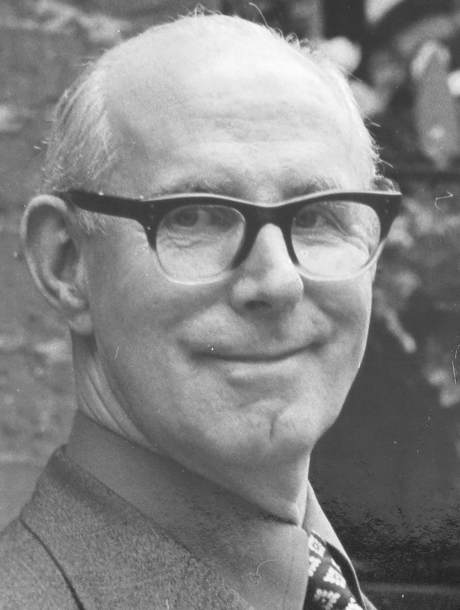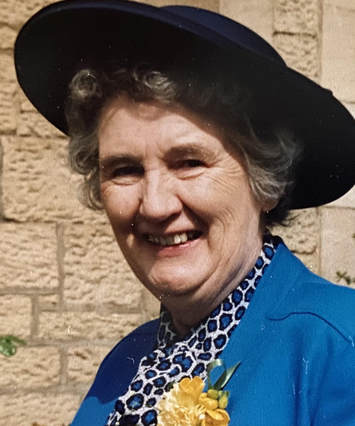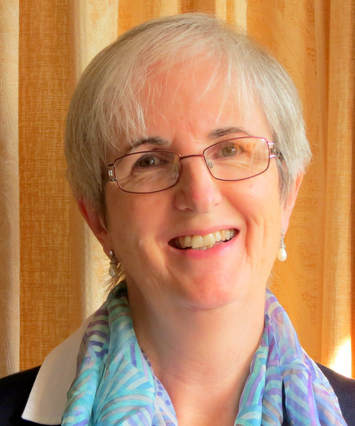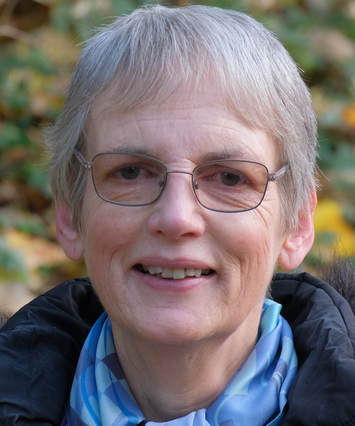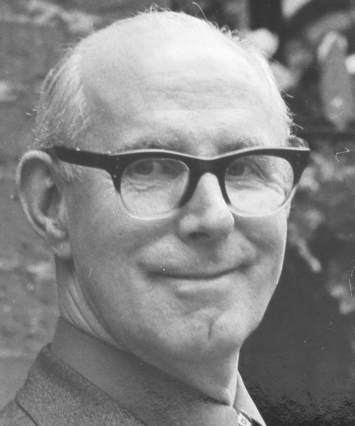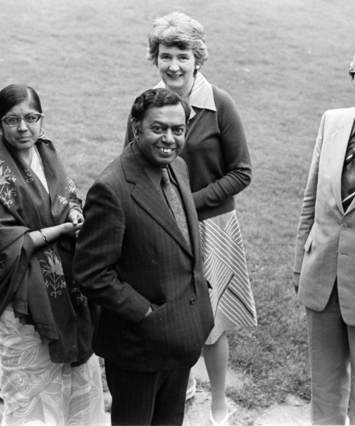Rex was a fairly reserved Englishman who would rather be doing something than discussing it. He was never happier than if a friend needed shelves putting up or needed a lift home. He had an artist's soul and his family loved watching him play the piano. He would lose himself in it. In his youth, he was popular with all his mother's friends for playing sentimental tunes that reduced them to tears.
Rex Gray was born in 1917 in the small village of Long Clawson in the Midlands of England where life moved at a slower pace. His father taught Rex to drive when he was 12 before the authorities checked as to whether you could actually reach the pedals.
After leaving school, Rex moved to Nottingham where he trained in building surveying with the local authority. He encountered the Oxford Group there which chimed in with his Methodist upbringing. Shortly afterwards he was called up at the outset of World War II where his technical abilities could be of use in the Royal Engineers. By the age of 23, he was a sergeant working in the Mayor's office in Dunkirk, France.
By 1940, over 300,000 troops were stranded there as the enemy forces drew dangerously close. It was thought impossible to rescue that many men as the beach was too shallow for large ships. But Prime Minister Churchill would not let so many men become prisoners or worse without some desperate effort. So he and Vice Admiral Ramsay threw the textbook out of the window and called for private, small boats to cross the 25 miles of sea to rescue them. 850 small boats managed to rescue more than 336,000 British, French, and other Allied soldiers whilst bombs and gunfire rained down on them. Rex was on one of the last boats.
He was later stationed in Cairo where he met Egyptians and troops who responded to the Oxford Group's message of healing and reconciliation. Despite its horrors, the war was a mind-expanding experience for this country boy.
He returned to Nottingham after the war where he met and married a trainee teacher, Betty Fox. He worked with the Civil Service as a Valuation Officer of properties. Rex and Betty tried to help people wherever they lived but moving to Newcastle in 1966 gave them a particular sense of purpose. They used their home to make overseas students feel welcome in Britain and met many from the Caribbean who invited them to visit there many years later.
Then, in 1972, the notorious dictator, Idi Amin, ordered the expulsion of Uganda's Asian Community.
It is always a sensitive moment when a conspicuously different group arrives en masse to live in an area. They can easily become the target of blame for any difficulties. Conscious of this, Rex and Betty went out of their way to help by trying to link up community leaders with the police, educators, employers and so on. Working with new friends, Hari and Ranju Shukla, they arranged informal gatherings hosted by IofC where they could all talk freely and learn something of one another's lives and culture. They found kindred spirits in other cities both in the UK and other countries and called this project, Hope in the Cities. They were later invited to join the Community Relations Council to increase their effectiveness.
It is impossible to know what the legacy of this work was but Newcastle remained relatively calm during a period when racial tensions were boiling over in other British cities during the 1970s and 1980s. And in 2018, when David Down, husband of Rex's daughter, Barbara, was elected lord Mayor of Newcastle, they met a wide range of people who still regarded her parents with respect, gratitude and affection.

